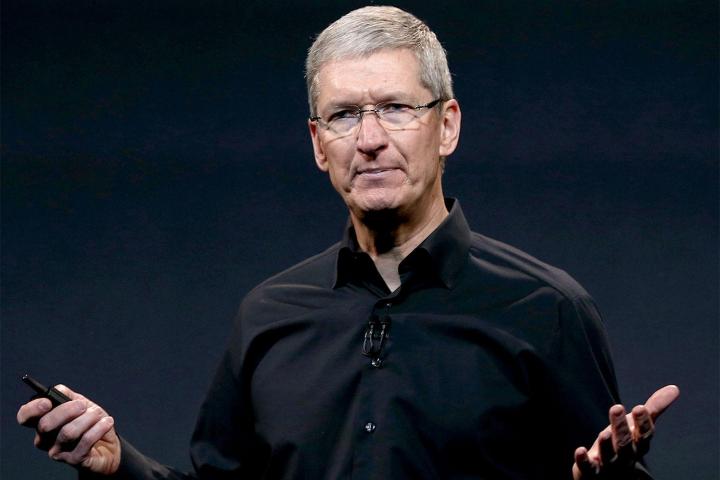
Before this information is somehow mistakenly interpreted to mean that our society is somehow at peace with the way things are, researchers have been quick to point out that, on the contrary, Americans are more afraid than ever, and indeed feel powerless to stop seemingly all-knowing, all-powerful companies from harvesting their data. According to the authors, “Rather than feeling able to make choices, Americans believe it is futile to manage what companies can learn about them. Our study reveals that more than half do not want to lose control over their information but also believe this loss of control has already happened.”
Key findings from the report include:
- 91 percent disagree (77 percent of them strongly) that “If companies give me a discount, it is a fair exchange for them to collect information about me without my knowing”
- 71 percent disagree (53 percent of them strongly) that “It’s fair for an online or physical store to monitor what I’m doing online when I’m there, in exchange for letting me use the store’s wireless internet, or Wi-Fi, without charge.”
- 55 percent disagree (38 percent of them strongly) that “It’s OK if a store where I shop uses information it has about me to create a picture of me that improves the services they provide for me.”
These findings, of course, have not stopped companies like Facebook from rolling out new features in its Messenger app that tout the ability to literally stalk your correspondences with the touch of a button.
Apple CEO Tim Cook has been an outspoken critic of many of these practices, recently launching a new attack against Facebook, Google, and other Silicon Valley giants, saying, “Like many of you, we at Apple reject the idea that our customers should have to make trade-offs between privacy and security. We can, and we must, provide both in equal measure. We believe that people have a fundamental right to privacy. The American people demand it, the constitution demands it, morality demands it.”
Cook continued, “I’m speaking to you from Silicon Valley, where some of the most prominent and successful companies have built their businesses by lulling their customers into complacency about their personal information.”
Of course, customers aren’t as complacent as Cook may think. In fact, for the first time, it seems that consumers are acutely aware of the great privacy lie. And perhaps with this discomfort will come meaningful, lasting change.
Editors' Recommendations
- Learn from my mistakes: Don’t settle for a cheap tablet like the Nokia T20
- What’ll happen to your WhatsApp account if you don’t agree to new privacy policy


